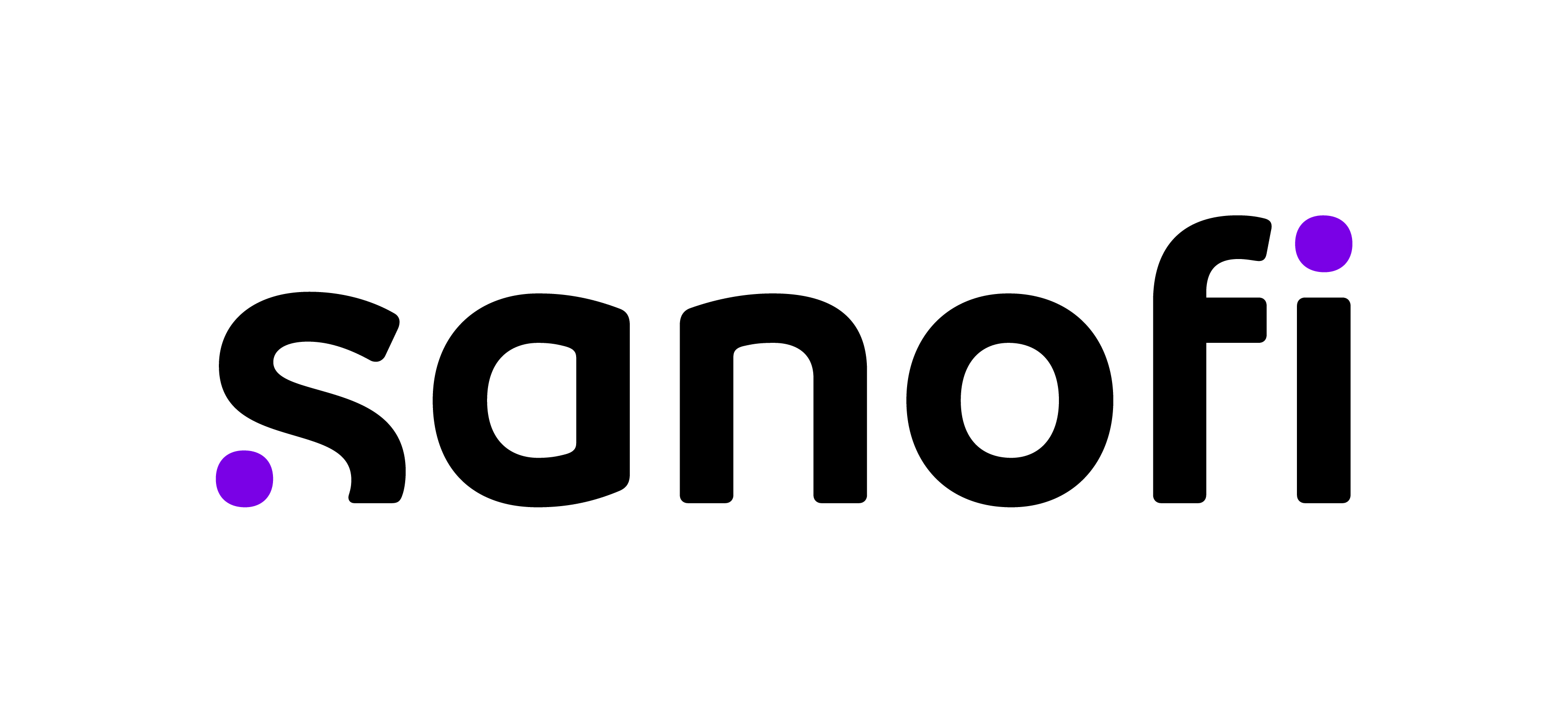June 19 was Juneteenth—as well as World Sickle Cell Day, to raise understanding of a disease that disproportionately affects Black and African Americans in the United States. This day is an important reminder of why diversity, equity, and inclusion matter in biotech.
What is sickle cell disease? It’s an inherited, lifelong disease in which the body makes “sickle-shaped” red blood cells that can block blood flow, causing pain, organ damage, infection, and other serious complications, as the My Three Sicklers (MTS) Sickle Cell Foundation explains.
In the U.S., it disproportionately affects Black and African Americans. The majority of sickle cell patients in the United States are Black or African American, with 1 in 13 born with the sickle cell trait, according to the Centers for Disease Control and Prevention (CDC).
But there’s now hope for patients and possibly even a cure—thanks to biotech innovation.
Vertex Pharmaceuticalsannounced on June 11 that 22 patients were “free of severe pain and the need for transfusions months after receiving an experimental genome-editing medicine, more evidence the CRISPR-based treatment could be a functional cure,” STAT News reported.
Meanwhile, patients are being successfully treated with Global Blood Therapeutics (GBT)’s Oxbryta,the first FDA-approved drug that attacks the underlying cause of sickle cell disease. With a Black CEO and majority-minority workforce, GBT shows that it makes a difference when biotech is representative of the patients we serve.
But there’s still much work to be done to end racial disparities in health care and in the biotech industry. We’ve seen this play out over the past year and a half, as communities of color have been disproportionately affected by COVID-19 primarily due to long-term disparities in access to health care and exposure to risk.
What can we do?Measuring Diversity in the Biotech Industry: Advancing Equity and Inclusion, BIO’s second-annual survey on DEI in the industry, provides practical guidance on how to make our industry more representative of the people we serve.
Listen: GBT CEO Dr. Ted Love and Mapillar Dahn, Founder of the MTS Sickle Cell Foundation, joined the I am BIO Podcast to talk about the impact of sickle cell disease and how GBT developed its groundbreaking drug.
More Health Care News:
The Washington Post: Inside Pfizer’s race to produce the world’s biggest supply of COVID vaccine
“Pfizer engineers used a ‘bulldozer’ approach to go from ‘utter failure’ to 3 billion doses.”



















